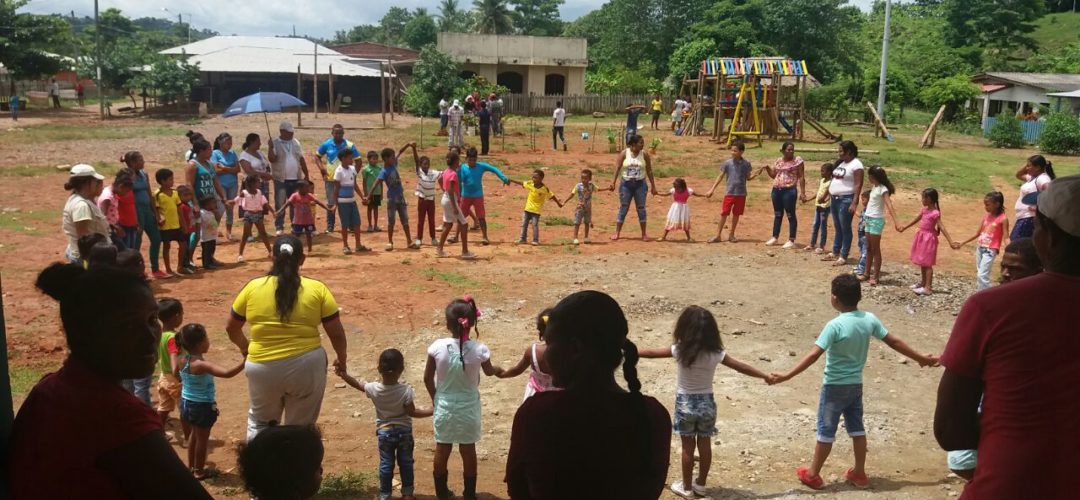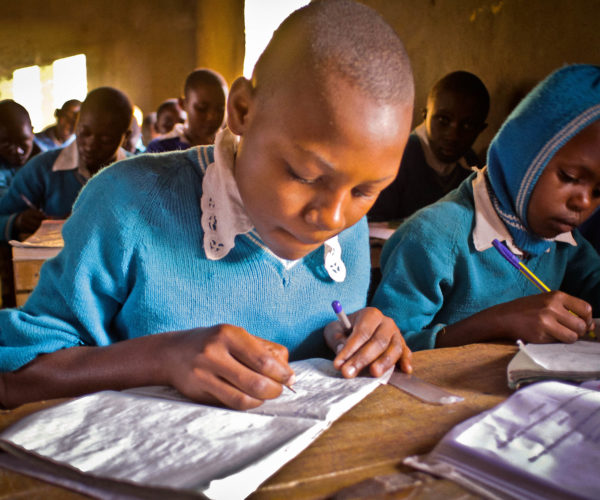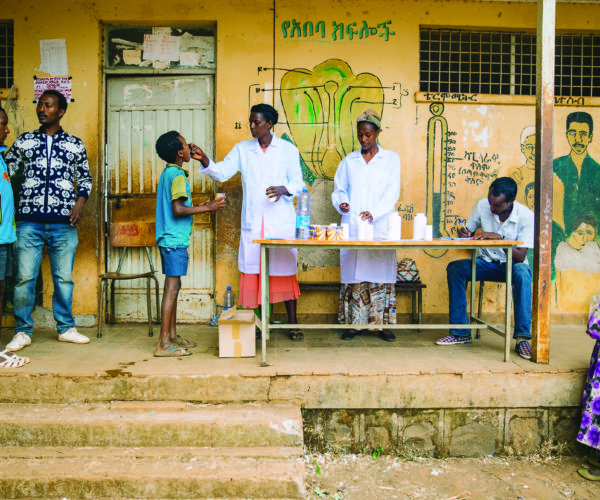AFE and the Antioquia Collective Project
October 12, 2018
After an annual event promoted by Asociación de Fundaciones Familiares y Empresariales (AFE) of Colombia in 2015, 17 member foundations formed a partnership to launch ‘Learning Together to Work Together’ – the Antioquia Collective Project.
Each of the foundations held a stake in improving the same geographic area, and believed they could increase social impact in their community by working in a more integrated way, with results measured by the United Nations’ Sustainable Development Goals (SDGs) framework. To understand the unique needs and priorities of this region, the foundations performed a landscape scan and diagnosis with community-based participatory dialogue. By September 2017, the foundations had agreed to focus their project on water. Carolina Suarez, former CEO of AFE, shared, “By starting with water, we can then help achieve other SDGs such as poverty, food, and health. Water is the base to improve quality of life.” Implementation of the project began January 2018, and there is a projected end in December of 2020, at which time the community will take ownership of the project.
To help ensure alignment, the participating foundations agreed to a common code of governance, which establishes a financial commitment of USD $60,000 (each foundation member of the project) from 2018 to 2020 and dictates that decisions will be made through consensus and majority vote. Each organization also can give an in-kind contribution of their choice. The funds, held by a trust in AFE, are earmarked to pay an operator to implement the projects.
New members can join the collective, provided they agree to the code of governance. To date, two foundations have left the collective; one organization due to a lack of trust in the initiative and the other because the partnership didn’t align with its programs. Two additional partners have joined to take their place “because they recognized the importance of the project and collective bet to achieve development in the region by implementing the SDGs,” Suarez commented.
Trust-building has been a key component to the partnership and is one of its biggest challenges. At the start of each meeting, the importance of the partnership, achievements and purpose are discussed to remind members of the partnership’s values. This “ritual” helps strengthen bonds between the partners and keep them connected. Suarez believes that the collective has been able to create greater systemic change because “we can better align and complement each other’s ideas. We are able to bring all the capacities and knowledge in the group to influence change in the territory. Alone, we could not achieve these goals.”
Back to News


